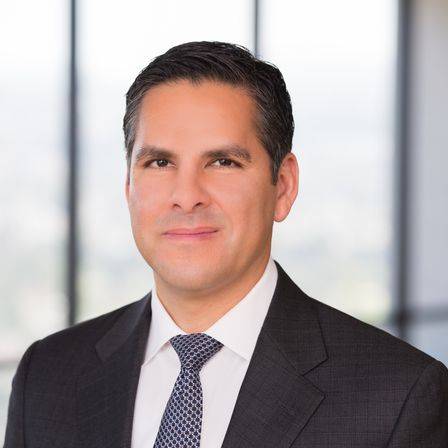Public Biotech Company Secures Trial Victory Against a Stockholder's Claim
We prevailed at trial on behalf of a public biotech company on all material claims asserted against it in a stockholder's claim to compel an annual stockholder meeting under Section 211 of the Delaware General Corporation Law ("DGCL") to compel the inspection of a company's books and records under Section 220 of the DGCL and in a proxy fight regarding the election of directors.
This client was a pharmaceutical company that was also a publicly traded SEC reporting company. In 2011, the stockholders approved a reverse-stock split and numerous governance changes that enabled this company to terminate its SEC registration and eliminate the expenses and burdens imposed by SEC reporting obligations. In 2012, the company began to change course, acquiring a majority stake in a company in an entirely different industry. The company eventually sold the remnants of its biotech business.
In 2018, a stockholder initially served the first of several books and records demands under Section 220, before filing suit and adding the Section 211 claim. At trial, Vice Chancellor Sam Glasscock of the Delaware Court of Chancery rejected the stockholder's claim under Section 211 for the annual stockholder meeting to include requirements for telephonic and other remote means of participation at the meeting, a proxy or similar statement in advance of the meeting, and other requests not supported by the company's bylaws. On the Section 220 claim, V.C. Glasscock found that there was no showing of a credible basis of wrongdoing for a series of related party transactions at the company, and rejected the stockholder's request for e-mails concerning those transactions. The company then prevailed at the shareholder meeting in a proxy fight, whereby the plaintiff sough to appoint its nominee to the board and to amend the company's by-laws. The company then also prevailed when the plaintiff's attorney requested a fee award in excess of $700,000, with V.C. Glasscock findings that plaintiff could not recover fees at all (Delaware Court of Chancery, Supreme Court of Delaware).




